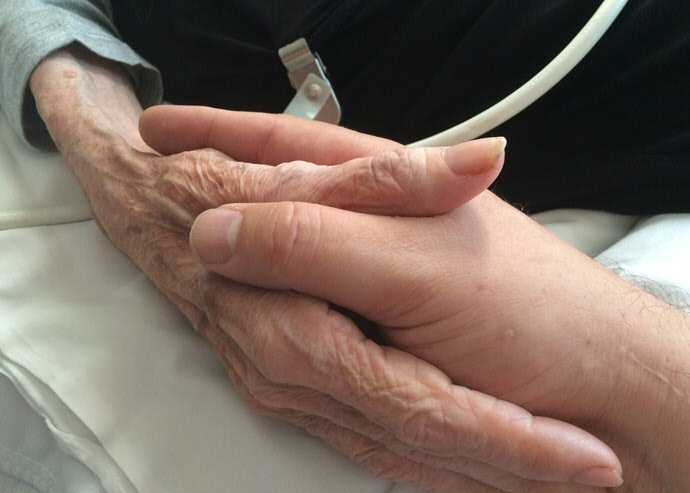Subsidie Gratama Stichting voor onderzoek Geestelijke Verzorging bij Corona

Goed nieuws voor onze docent en onderzoeker dr. Hanneke Muthert! De universitair hoofddocent Godsdienstpsychologie en Geestelijke Verzorging aan de Faculteit Godgeleerdheid en Godsdienstwetenschap heeft een subsidie van €11.000 toegekend gekregen van de Gratama Stichting voor haar project ‘Geestelijke verzorging bij rampen in Nederland. Een verkenning van de precieze rol van geestelijk verzorgers bij calamiteiten.’
Geestelijke verzorging bij corona
Hanneke Muthert vertelt dat er tijdens de aanvraag nog geen sprake was van corona en dat in aansluiting op deze specifiek ontwrichtende situatie van de covid-19 pandemie het onderzoeksvoorstel geheel is omgeschreven naar geestelijke verzorging bij corona. Dr. Muthert: ‘De aandacht voor de positieve rol van zingeving bij welbevinden neemt toe. In de hulpverlening bij en na rampen in Nederland, waar de Rijksuniversiteit Groningen samen met maatschappelijke partners al enige tijd onderzoek naar doet, is aandacht voor die zin-dimensie echter niet adequaat ingebed en afgestemd. Ook missen we nog heel concrete data over wat geestelijk verzorgers tijdens rampen precies doen (en wat ze juist laten). Sinds 2018 volgen we nauwgezet de inzet van geestelijk verzorgers in de Groninger aardbevingsregio. Toen corona uitbrak deed ineens een hele beroepsgroep ervaring op met geestelijke zorg bij rampen.’ Over de belangrijke rol die geestelijk verzorgers kunnen spelen in de coronacrisis schreef Hanneke Muthert eind april een column voor het Dagblad van het Noorden.
Zorgbehoefte rond zingeving
Ze vervolgt: ‘De inventarisatietool die we in Groningen gebruiken, hebben we in korte tijd geschikt gemaakt om ook landelijk een aantal metingen uit te voeren. Deze data bieden inzicht in wat geestelijk verzorgers signaleren aan zorgbehoefte rond zin bij verschillende doelgroepen, wat ze concreet kunnen en mogen doen, met wie ze samenwerken, welke dilemma's ze signaleren en waar ze zelf steun ontvangen om dit werk langdurig gezond vol te houden. Deze tool zetten we nog zeker tweemaal in. Daarnaast zijn we focusgroepen begonnen om deze data aan te vullen en volgen we een beperkt aantal geestelijk verzorgers (twee)maandelijks. Dit is belangrijk omdat uit rampenonderzoek blijkt dat vooral ook in de nafase van rampen existentiële zorgen en vragen een rol spelen. We richten ons daarmee specifiek op de (verplaatste) thuissituatie, woonsituaties dus, waar mensen herstellen van hun directe (zorg)ervaring rond covid-19.’
‘Pionierscreativiteit’
Hanneke Muthert is verheugd met de support van dit onderzoeksproject door de Gratama Stichting: ‘Met de analyse van de data die we met enige pionierscreativiteit verzamelen, verwachten we meer inzicht te kunnen bieden in de huidige praktijken van geestelijk verzorgers tijdens en na rampen. Het project draagt zo bij aan concrete beleidsadviezen en levert informatie voor scholing en training van geestelijk verzorgers. Daarmee draagt dit project bij aan de concrete inbedding van aandacht voor zingeving en levensbeschouwing bij rampen, waar nodig,’ licht ze toe.
Meer nieuws
-
06 januari 2026
Geschiedenis dichterbij brengen
-
10 juni 2025
RUG en Rijksmuseum tekenen samenwerkingsovereenkomst
